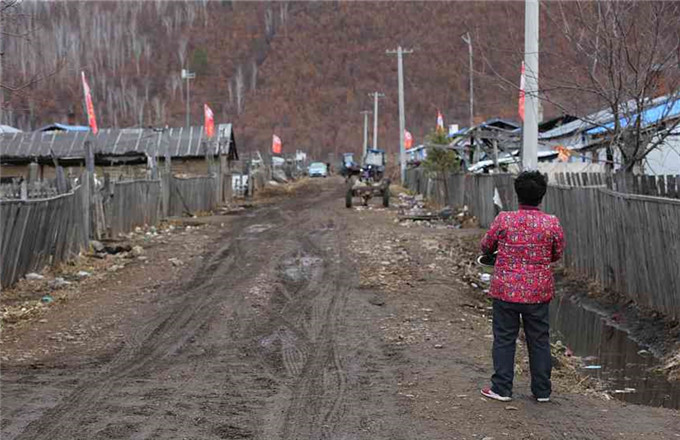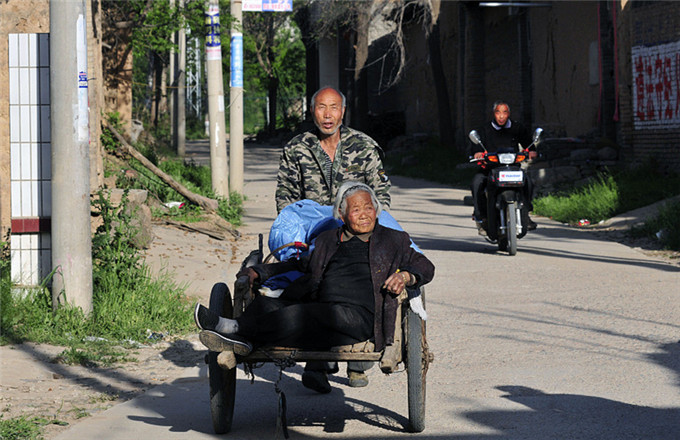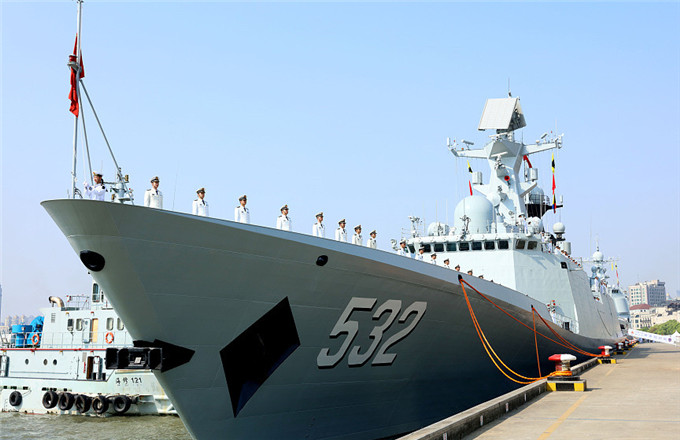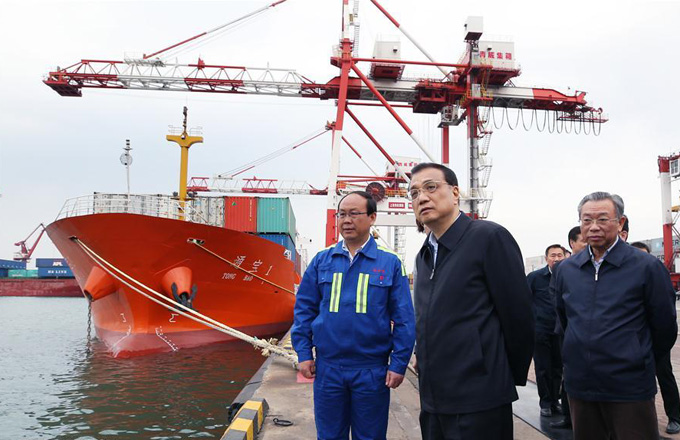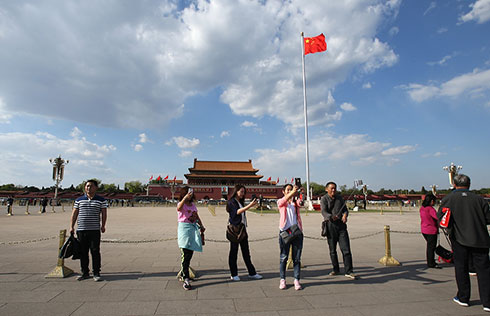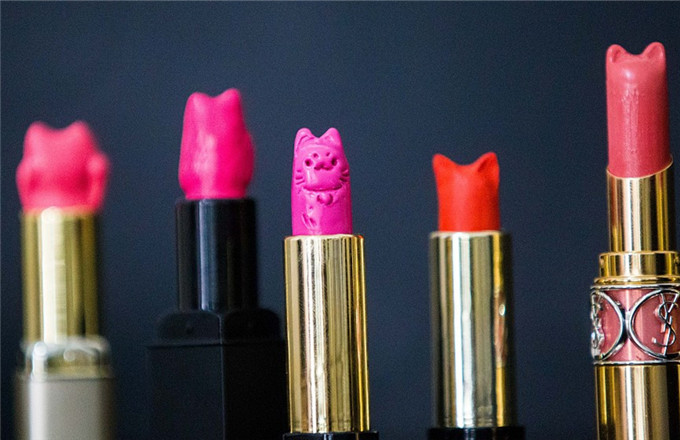

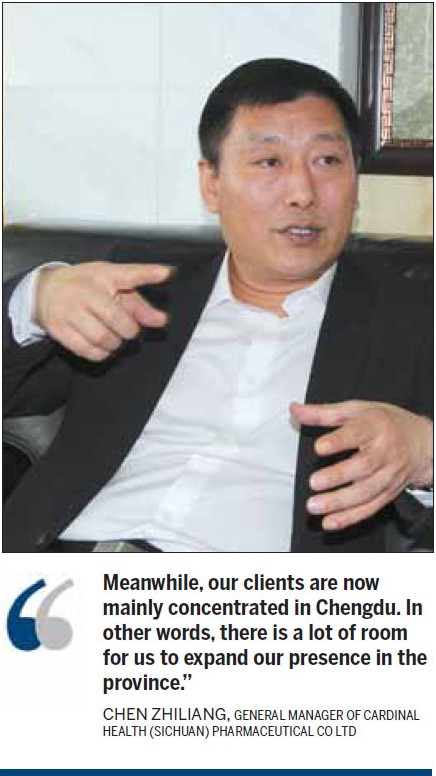
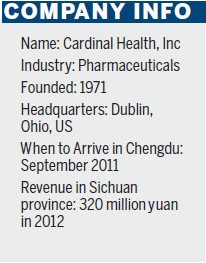
A boom is on the horizon in the market for medical products in the southwestern Chinese province of Sichuan, said the CEO of a firm that specializes in the field.
Chen Zhiliang, general manager of Cardinal Health (Sichuan) Pharmaceutical Co Ltd, said the region's ever-growing medical infrastructure is certain to create a large demand for his company's products.
The province is home to 91 Grade A hospitals, including West China Hospital, the largest in the country in terms of beds, and 392 classified as Grade B, Chen said. Each year, hospitals above the county level purchase about 25 billion yuan ($4.1 billion) worth of pharmaceuticals, he added.
The 48-year-old's rich knowledge of medical information in Sichuan province is the result of his almost 10 years of work experience in the industry.
A native of Shijiazhuang in North China's Hebei province, Chen established a company in 2004 after he obtained an MBA from Chengdu-based University in Electronic Science and Technology in the same year.
He has remained as the head of the company, even after it was taken over by the US-based Fortune 500 medical enterprise Cardinal Health Inc in September 2011.
"Thanks to the acquisition, we now have a much more diversified product range," Chen said.
The company is experiencing faster growth now that it offers more than 2,000 products, ranging from pharmaceuticals and medical equipment to cosmetics and plastic surgery products.
"In 2012, we had a revenue of 320 million yuan ($52 million), registering an annual growth rate of some 40 percent, double the average rate nationwide," Chen said.
In sales, it ranked 15th out of 1,200 companies in this field in Sichuan province in 2012, according to a list released by the provincial health department.
The company has set a goal to make it to the top five in five years, and Chen said it can definitely achieve it.
In addition to an expanded product range, the company is now working in cooperation with such industry giants as Smith & Nephew, Allergan and Avene to seize a larger market share.
Swiss healthcare company Roche is building a surgery center in Chengdu, and the government is also encouraging the two to establish a cooperative relationship, Chen said.
"Meanwhile, our clients are now mainly concentrated in Chengdu. In other words, there is a lot of room for us to expand our presence in the province," he said.
Indeed, Chen said his company has a series of advantages over its rivals in making inroads deeper into the market.
"Most companies do nothing more than delivering products from pharmaceutical manufacturers to hospitals," Chen said.
"But we do regular analysis of their products' destinations, market shares as well as the performance of rival products and feed the analytical results back to manufacturers. And this appeals to them."
And for hospitals, the company has another "magical tool", Chen said.
Currently, it is common at Chinese hospitals for nurses to manually prepare surgical instruments and deliver drugs to patients.
However, the short supply of nurses might result in delivery errors or poor punctuality, a major cause of medical incidents, Chen said, adding that the parent company Cardinal Health has accumulated a lot of experience in addressing this problem in the US.
"It has developed an information-control system that can remind the nurses of things they will do - what time to deliver what drugs to which patient as well as what instruments to prepare for which doctor at which operating room," he said.
When coupled with a pharmaceutical or instrument cabinet, this system will help reduce human error, Chen said. It is used at most US hospitals but none of their Chinese counterparts have tried this, he said.
It is something revolutionary because it will benefit everyone, Chen said. Many local hospitals have expressed interest in the program, but the details have yet to be discussed, Chen said.
"We will launch it in Chengdu no later than the first half of 2014, probably starting from one department before it is widely adopted," he said.
lifusheng@chinadaily.com.cn

